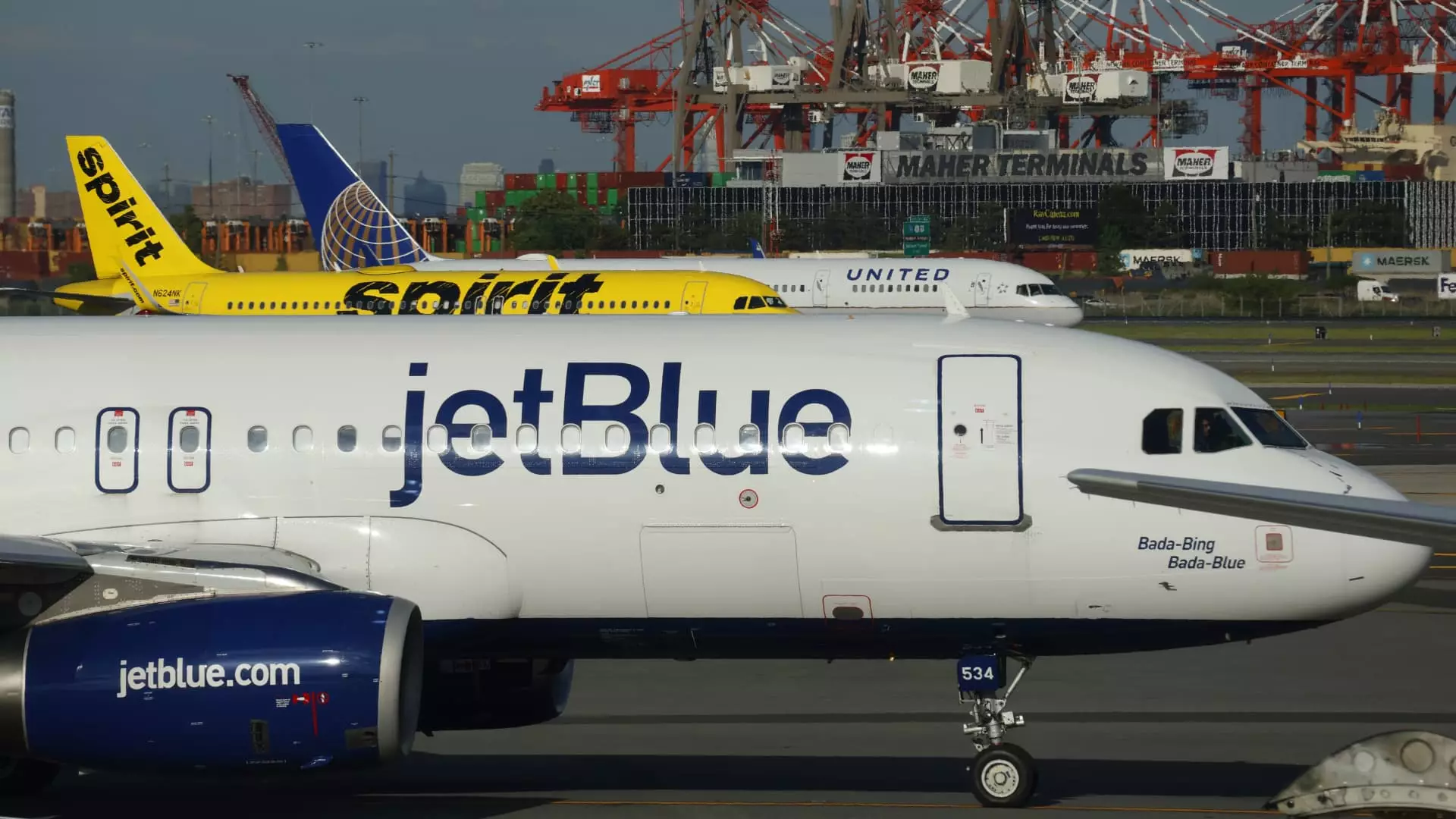Airlines across the globe have been facing significant financial challenges in recent years, with many low-cost and budget carriers struggling to return to profitability amidst a turbulent economic landscape. The impact of engine repairs and the need to save costs has led to a shift in the industry’s approach to acquiring new aircraft. Companies like Spirit Airlines, JetBlue Airways, and Frontier Airlines are now deferring billions of dollars worth of new aircraft deliveries in a bid to stabilize their financial positions.
The oversaturation of the market with flights has resulted in lower fares, particularly in the domestic market where low-cost carriers dominate. This surge in supply has led to a decrease in revenue for airlines, even as costs continue to rise. As a result, carriers are reevaluating their growth plans and postponing the acquisition of new jets to address these financial challenges.
Companies such as Frontier Airlines have been grappling with the impact of years of aircraft delivery delays, leading to a backlog of orders that need to be smoothed out over time. JetBlue Airways, on the other hand, is estimating significant cost savings through the deferral of Airbus A321 airplanes, as it seeks to navigate a complex financial environment while dealing with grounded jets from a Pratt & Whitney engine recall.
The decision to defer new aircraft deliveries is not without its consequences for airlines. While it may offer short-term financial relief, it can also hinder long-term growth prospects. Companies like Spirit Airlines, which reported a significant loss in revenue and profits, are faced with the challenge of balancing their immediate financial needs with their future growth aspirations.
Despite the deferrals by budget airlines, the overall demand for new fuel-efficient planes remains high, with lease rates hitting record levels. Both Boeing and Airbus are struggling to meet this demand, faced with skilled worker shortages and supply chain issues. This has created a situation where airlines have to carefully navigate the challenges of acquiring new aircraft while managing their financial constraints.
Looking ahead, airlines will need to adopt strategic measures to overcome the financial challenges posed by the deferral of new aircraft deliveries. Executives have acknowledged the need to mitigate cost pressures and adjust their growth plans accordingly. As the industry continues to evolve, companies will have to find innovative solutions to ensure their long-term sustainability in a rapidly changing market environment.

